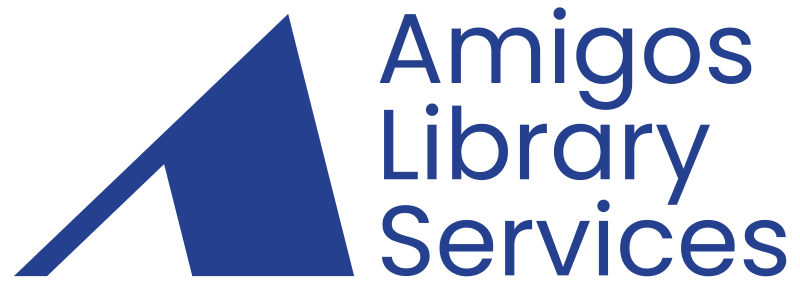Know & Go: Performance Improvement Plans
No one wants workplace conflicts or performance issues, but a big part of a manager's job is addressing personnel issues when they arise. Administering effective performance improvement plans can make a difference in the likelihood of repeated mistakes, maintaining staff morale, and improving overall performance. This session highlights both written and verbal communication techniques, follow-up plans, and establishing accountability.
